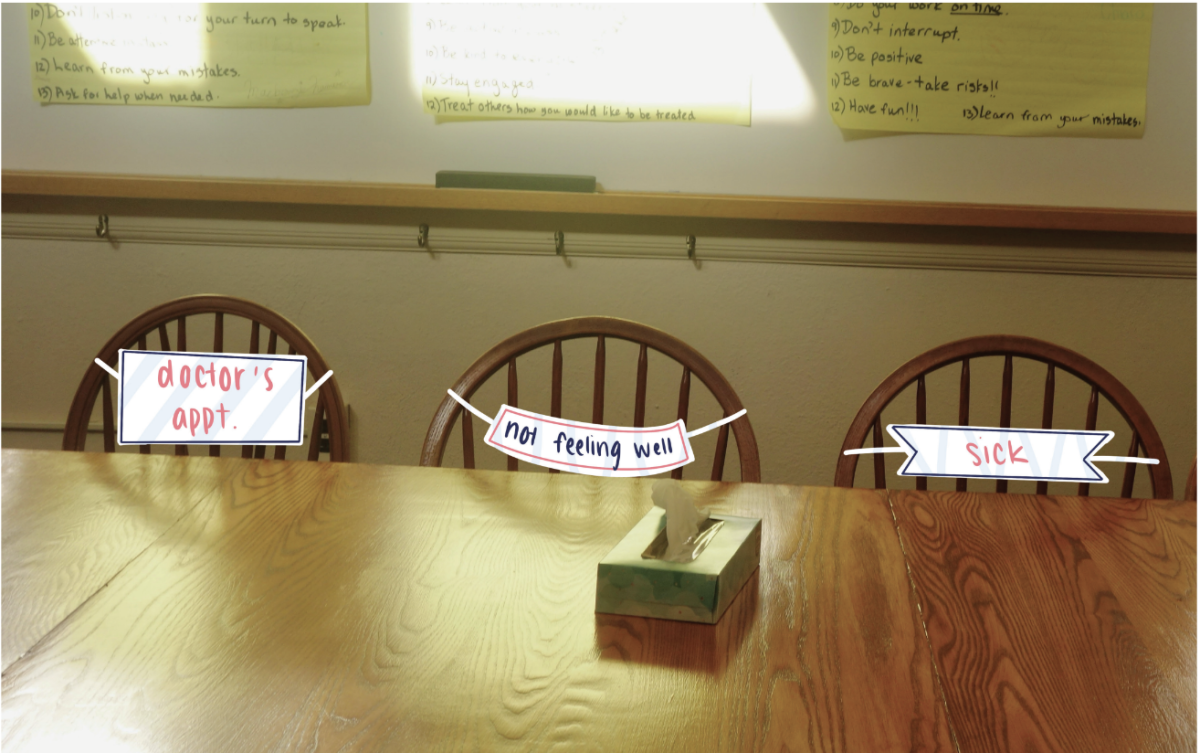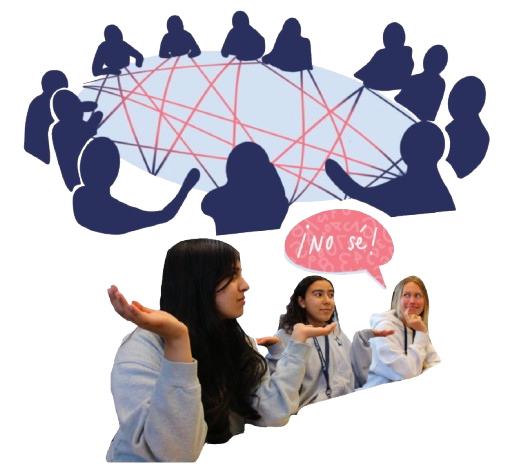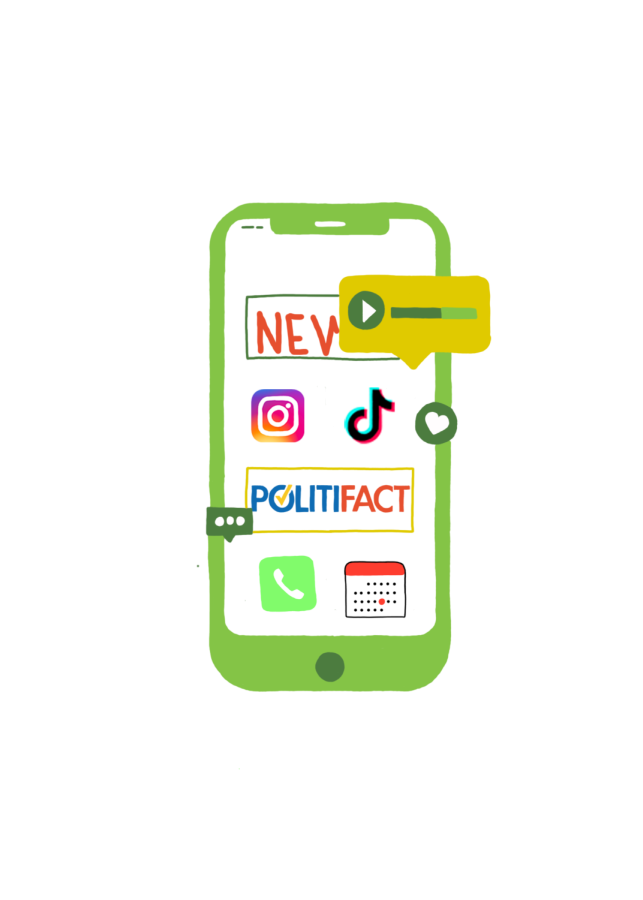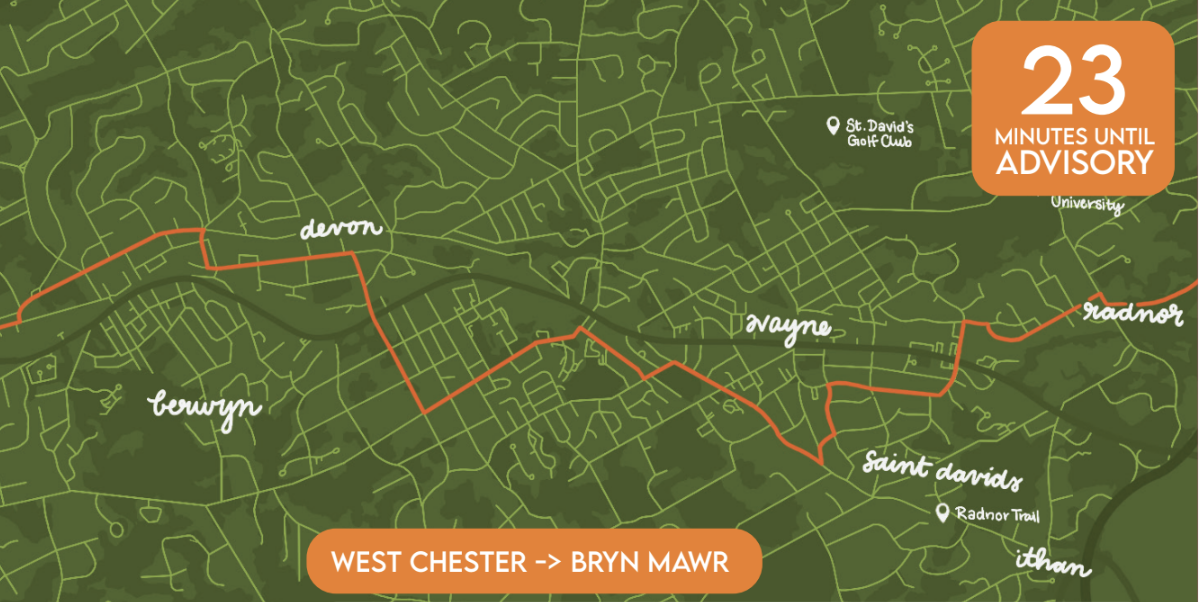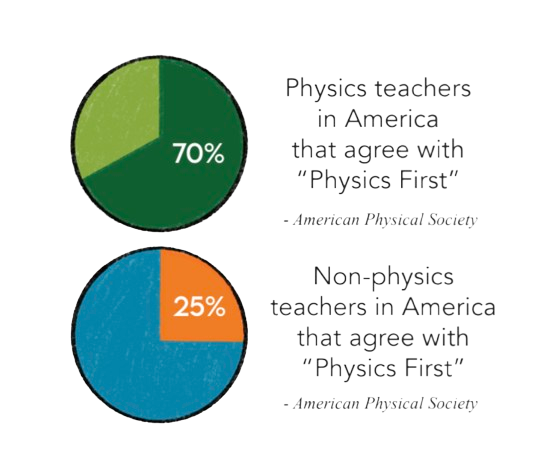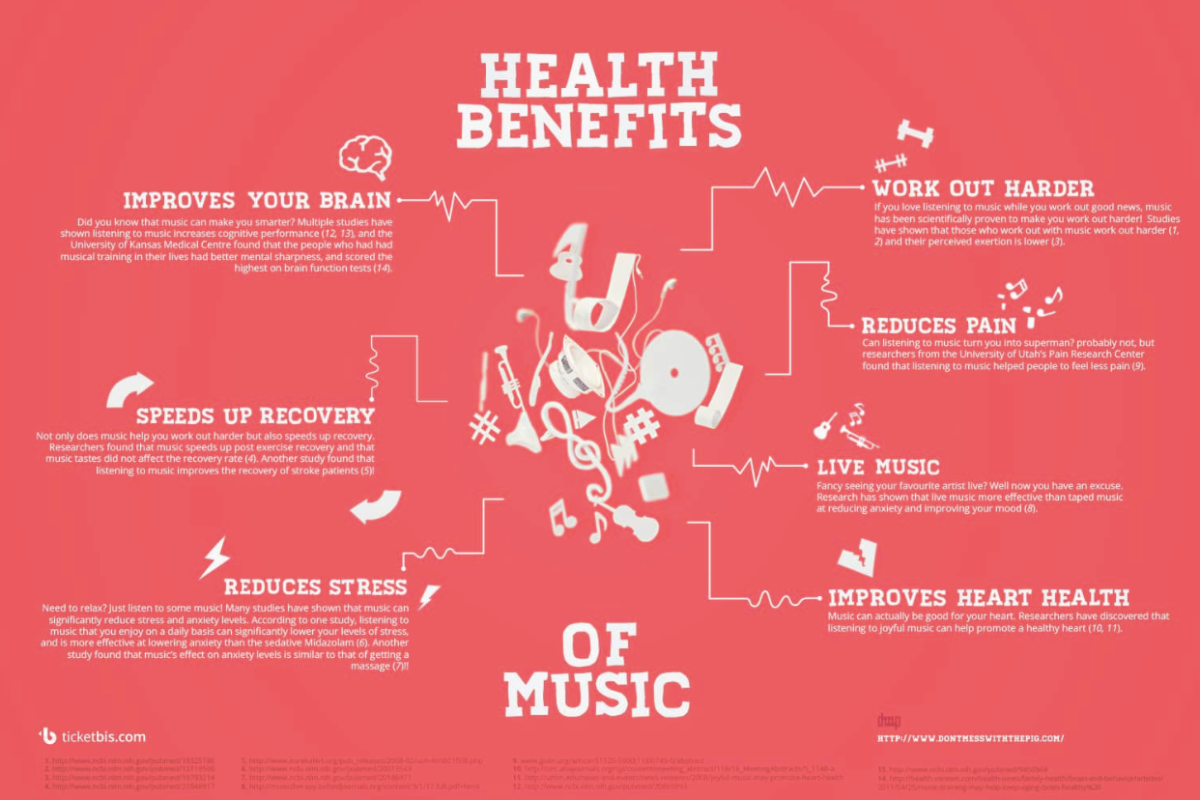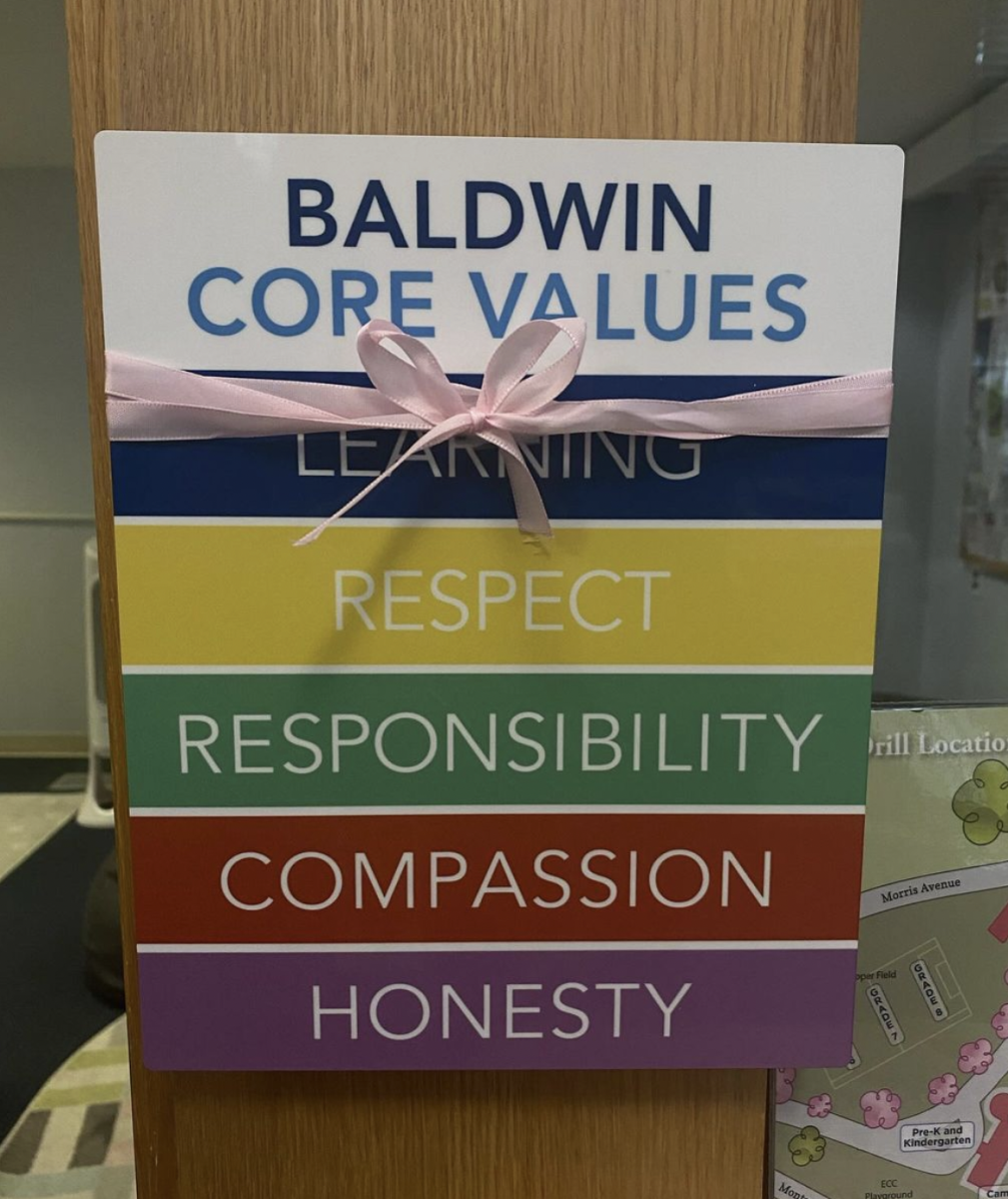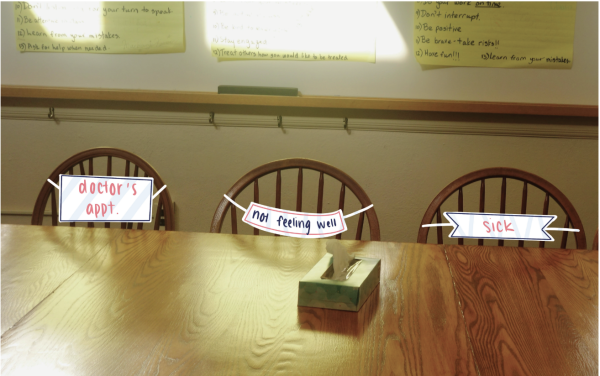Why Technology Innovation and Accessibility Shouldn’t Have Just Been ‘A COVID Thing’
Two important aspects of modern technology are innovation and accessibility, where, in an ideal relationship, each promotes the other to greater heights. The COVID-19 pandemic provided a real-life example of this phenomenon as the presence, quality, and efficiency of technology increased to match the needs of a world in lockdown. The only question left is, where was this technological improvement before?
Throughout the pandemic, the world increasingly prioritized technology. Tele-medicine programs, education, communication, and everyday conveniences underwent a revolution.
As an example, consider Baldwin. Everyday, we signed into Magnus before 7:30am and started a day where Parlays, Flipgrids, and Padlets replaced oral presentations and worksheets. Our homework cycled from Powerschool to Google Classroom to Canvas, social media became our main information and news outlet, and, of course, Zoom was the platform that dominated the chaos. Schools across America followed suit, as at its peak in April 2020, 300 million participants used Zoom to meet daily.
Technology has continued to improve beyond the initial months of the pandemic. An article in Simplilearn describes how the AI industry is on a distinct rise, with cybersecurity following suit. In many ways, we’ve advanced from the pre-pandemic era of technology.
Accessibility has come miles as well. The United Nations Educational, Scientific and Cultural Organization (UNESCO)’s COVID-19 response implemented digital learning systems with strong offline functionality, like Kolibri. Kolibri is a low-cost “library” of digital resources that remain available across operating systems, regardless of Internet access. As a program, it has been revolutionary to the 200 global countries and territories where it has been implemented thus far.
Internet accessibility has improved locally in Philadelphia as well. The PHLConnectED free internet program now covers monthly internet bills, transforming remote learning facilitation on a major scale. Currently, over 17,500 users have benefitted from the program. As Philly continues to improve digital access through partnerships with Wilco Electronic Systems, more sustainable and long-term solutions may be significantly closer than they initially appeared.
The increased reliance on technology of the pandemic revealed pre-existing inequalities. However, as a result, the fight for equal resources and innovative solutions has taken huge strides towards improvement. As Dr. Tariq Al Gurg, the vice chairman of the philanthropic organization Dubai Cares, said in an interview with Education Cannot Wait, “one of the biggest lessons to have emerged from the pandemic is that digital connectivity cannot be a privilege.”
The question I’m left with is, where was this improvement earlier?
I’m not saying that we should revert to our 2020 Zoom-dominated quarantined state: rather, we should have emphasized and promoted the technology that enabled these global connections far earlier than we did.
Zoom was released in 2011, nine years before the COVID-19 pandemic. These technologies have existed for a while, but remained absent in most of our daily lives or unsupported in creating the accessibility that they were always capable of.
Accommodation requests for remote work and learning, cheap internet providers, and targeted efforts to technologically empower marginalized communities were always possible. So why did it take a global pandemic to obtain them?
At Baldwin, even while we’ve had it relatively easy, we need to continue to advocate so that these pandemic responses don’t become post-pandemic regrets. Innovation and accessibility don’t stop being important when the affluent majority decide they do. The communities who need these improvements the most weren’t just “hit hardest” during the pandemic: they have been for generations.
It’s our responsibility to ensure that their future does not parallel the past. Advocating for consistent efforts in technological improvement reminds policymakers how important these issues are and how possible a brighter future is.






